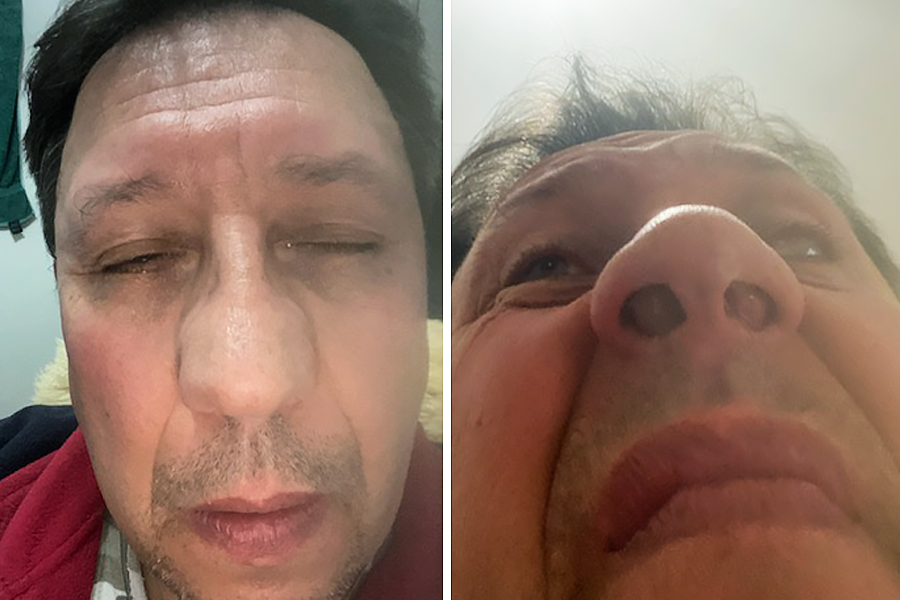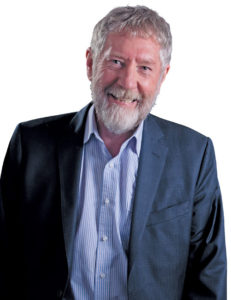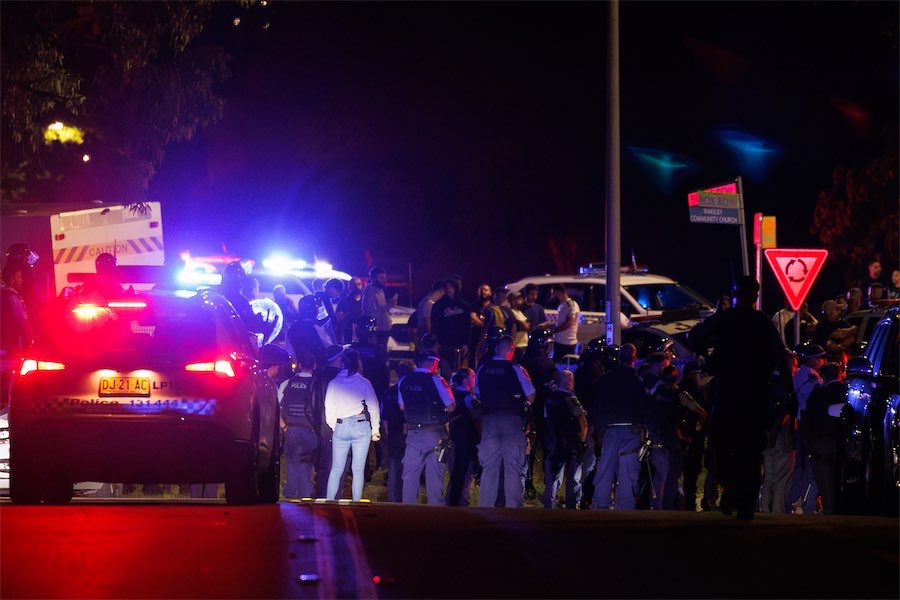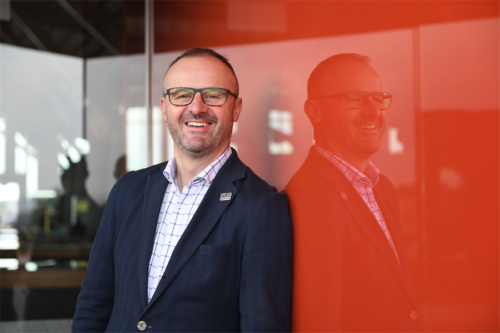
“Vladimir Golobokov has waited since mid-2017 for surgery to remove nasal polyps. He has waited more than 12 times what is clinically indicated while the condition has got worse and worse,” writes political columnist MICHAEL MOORE.
“I HAVE felt completely ignored, rejected and discriminated by the healthcare system”, said Vladimir Golobokov, who has waited more than four years for a Category 2 elective surgery.

The ACT Health Policy allows 90 days.
Are Canberrans being deceived regarding the elective surgery waiting lists?
Official reports imply things aren’t so bad. How then can someone in Category 2 wait more than four years and still be left in the purgatory of uncertainty?
Mr Golobokov has waited since mid-2017 for surgery to remove nasal polyps. He has waited more than 12 times what is clinically indicated while the condition has got worse and worse.
Despite the Canberra Hospital having constant updates from his GP regarding a deteriorating condition, he has still not been given a time. Serious discomfort, sleep apnea, facial swelling, pressure on the forehead, loss of sense of taste and smell, difficulty breathing and associated mental health issues are all outcomes of the failure to deliver elective surgery within any kind of sensible time frame.
According to the “ACT Waiting Times and Elective Surgery Access Policy”, a Category 2 patient is in a group where “no patient should wait longer than 90 days”. A report by the Australian Institute of Health and Welfare (AIHW) indicates that in 2019-20 (while Vladimir had been already waiting for more than two years) the median waiting time for this category of elective surgery was 76 days.
Nationally, in that year, the mean waiting time was 39 days with 90 per cent of patients admitted within 281 days. Being specific, the mean waiting times for ear, nose and throat surgery was 102 days.
ACT Health are patting themselves on the back about how well they have done in managing an average of 76 days, 14 days short of the target. In the meantime, ordinary people have been suffering.
The reports on waiting times should provide the community with confidence. However, cases like Vladimir’s do the opposite. The information provided to AIHW comes from ACT Health. Is this case an outlier? If not, how come the figures are so dodgy? And why hasn’t the minister held them accountable?
The year that Vladimir was referred, the report showed a mean waiting time of 62 days and the following year 65 days. And yet he is still waiting around 1200 days later.
Vladimir explained his recent actions: “My GP has sent three referral letters to Canberra Hospital from March to June, 2021, and I went to the hospital’s Emergency Room myself on June 5”.
Then Vladimir asked if I could be of assistance and provided me with written permission to approach ACT Health and the Minister on his behalf.
He added: “I have been told that currently, I am sixth in Category 2 with 50 people ahead of me in Category 1”. He was also told: “This cannot be converted to a time estimate for an appointment”. He added, “I followed up on July 9 and was told that I’m still sixth in Category 2. Unfortunately, nothing has changed”.
My first reaction was that his case would be an outlier. However, I approached both the Canberra Hospital and the office of Minister Rachel Stephen-Smith towards the end of July.
Had it been an outlier, it would have been dealt with in a sensible way. Both Vladimir and I would have received, at the very least, a satisfactory explanation and a plan for dealing with the issue. At the time of writing this has not happened.
This sort of waiting-time misinformation leads to frustration and desperate action. In January, a Canberra electrician, sick of waiting for two years, decided he would cut out a painful grape-size cyst with his own Stanley knife. It was reported at the time that the policy on non-urgent cases was just one year.
The electrician was fed up after two years. Vladimir has been getting worse and worse and has waited four years. Although nasal polyps are not generally associated with cancer, he worries about them being pre-cancerous.
“Having been in daily discomfort and pain not only physically, but mentally and emotionally for four years, with symptoms getting progressively worse, and not being able to find out when I can be seen for a review, has been overwhelming and distressing,” he said.
Are our waiting list figures dodgy? The ACT Audit Office has identified elective surgery waiting times on the last page of its 2020-21 Performance Audit Program. It needs upgrading.
If you, or someone you know is also suffering in a similar manner, why not write to editor@citynews.com.au. Canberrans need to know what is going on.
Michael Moore is a former member of the ACT Legislative Assembly and an independent minister for health. He has been a political columnist with “CityNews” since 2006.
Who can be trusted?
In a world of spin and confusion, there’s never been a more important time to support independent journalism in Canberra.
If you trust our work online and want to enforce the power of independent voices, I invite you to make a small contribution.
Every dollar of support is invested back into our journalism to help keep citynews.com.au strong and free.
Thank you,
Ian Meikle, editor





Leave a Reply